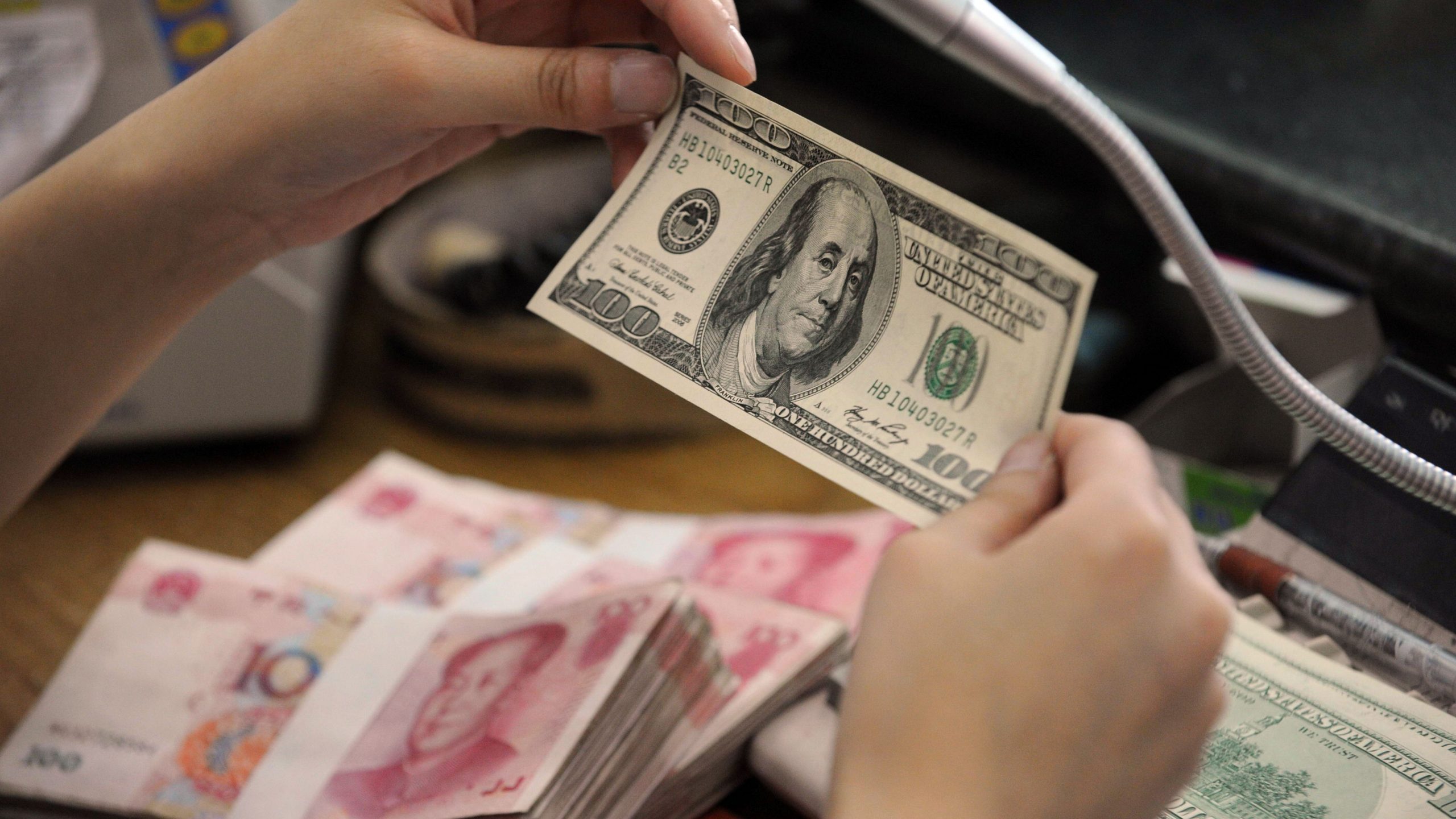What are the most common scams in Asia and how to avoid them
Before you leave for your trip to Asia, you may want to have a look at the most common scams in Asian countries: unfortunately, as a foreign tourist, you’re most likely to become the target of these types of scams. Most of them are rather harmless, with scammers who are only trying to get on your list of enemies by tricking you into paying more for a service or giving you less change – like the sweet little fake coins I keep right next to a voodoo doll from a bubble tea vendor in Shanghai. But there are more unscrupulous ones that are no joke as well. With some common sense and many firm NOs, you’ll be able to avoid them – if you don’t get on a fake taxi right outside of the airport, that is.
Here are 8 of the most common scams you should watch out for.
- The come-with-me-I’ll-show-you-around Scam
This category encompasses a lot of different scams, the most common ones being the traditional tea ceremony, the special massage, the cheap restaurant, or even the student art gallery scams. The common factor in all these scams are strangers offering you an incredibly cheap and appealing tour or service of any kind and, unfortunately, what sounds too good to be true usually is. In fact, the word “special” in an Asian context can usually be translated simply as “something incredibly overpriced just for our nice and naive foreign tourists” in the best case scenarios; some scams can turn into full robberies or worse. The golden rule here is the first one we all remember from our childhood: never accept anything from strangers and, most importantly, never follow strangers.
- The Tuk Tuk Scam
Although tuk tuks are the iconic means of transportation in Thailand, they’re not necessarily much cheaper than taxis. However, if they offer you an incredibly cheap price for a tour of the city, don’t fall for it: they will take you to some minor attractions but mostly shops where the driver will earn a commission if you buy something. Another way of tricking you into an alternate itinerary is by telling you that the attraction you want to see is closed: believe only what you see and tell them you’re going there anyways.
- The Taxi Scam
The Taxi scam is the complete opposite of the tuk tuk scam: if the price is too high, the taxi driver is trying to trick you. Research the local prices in advance and ask for the price before getting into the car. If the price is too high, just say no and wait for another cab. If you’re firm enough in refusing overpriced rides, drivers will know you’re not an easy target. If you try to negotiate on the price, cut the original price in half and start from there, as prices for foreigners are sometimes doubled or tripled. Be aware of your change too, and take the time to count it – that’s true for taxis and street vendors, shops and restaurants.
- The Travel Agency Scam
Here again a little research in advance comes in handy: check different sources for the average prices and only book anything on trustworthy websites. Stay away from uncertified guides too; they usually wait outside of train stations or airports to offer suspiciously great deals to tourists. In Xi’An, there’s even a fake terracotta army to trick tourists! If possible, book an official guide in advance; if you don’t see one, keep in mind that the real guides usually have a flag with a group around them – unlike the fake ones who only target individuals. As with strangers, decline the offer with a simple no.
- The Border Scam
Passing through the border from Thailand to Cambodia, you will arrive at an immigration office that will often insist that you pay more than the official fee until you lose your patience and give them more than you should. Check the real price on the Cambodian government website and maybe even screenshot it to make your point.
6. The Drug Seller Scam
If locals come up to you and offer you drugs, always say NO and walk away: most Asian countries have extremely high penalties for drug dealing (including the death penalty), and oftentimes, when the transaction is complete, there is an undercover cop waiting to catch or bribe the victim. Ignore the offer and walk away.
- The V.I.P. Bus Upgrade Scam
V.I.P. and “special” are synonyms in Asia. While on some trains in China or Japan, there might be first class train tickets available, most busses and other modes of transportation are simply the same for everybody. The V.I.P. ticket is just an excuse to charge foreigners more money. If you’re not sure where to book your tickets, ask your hotel receptionist or a tourist guide.
- The Fake Market Scam
Even if you decide to go to local tourist shops or fake markets to stock on souvenirs for family and friends by negotiating on the prices, keep in mind that everything you see at those markets, from watches to bags to jewelry, is counterfeit. Don’t even consider making a profit by reselling them back home. Avoid buying electronics as well: if you need a charger or power-bank just go to a shop or a supermarket.
Unfortunately, there are even more travel scams that are quite common when traveling. Our colleagues from Sundried Icicles have another great article that provides more information on the topic.




